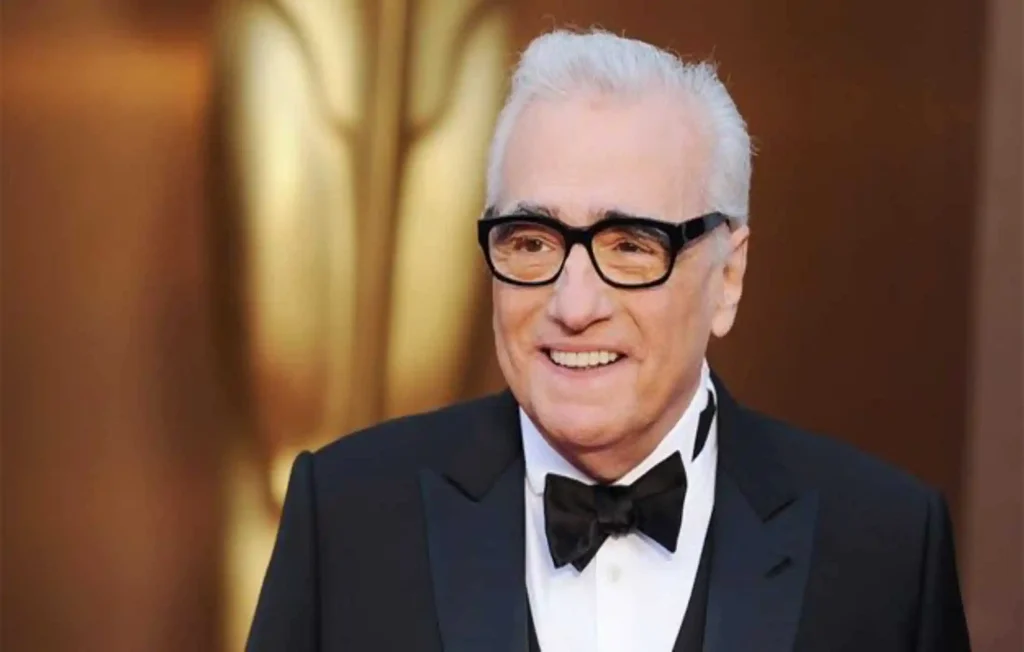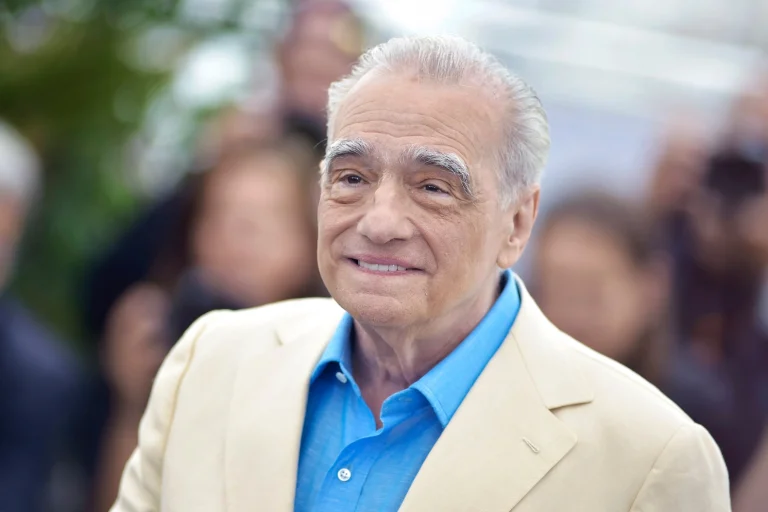Martin Scorsese is a legendary filmmaker whose influence spans decades and genres. Known for his remarkable storytelling and cinematic craftsmanship, Scorsese has created some of the most iconic films in history.
As a result, many fans are curious about Martin Scorsese Net Worth and the financial success that accompanies his illustrious career.
In this blog post, we will explore the various aspects of his wealth, including his earnings from films, endorsements, and other ventures, providing you with a comprehensive understanding of his financial standing.
Martin Scorsese Bio/Wiki
| Attribute | Details |
|---|---|
| Name | Martin Charles Scorsese |
| Date of Birth | November 17, 1942 |
| Birth Place | New York City (Flushing area, Queens borough) |
| Childhood Location | Moved to Little Italy, Manhattan |
| Father | Charles Scorsese (clothes presser and actor) |
| Mother | Catherine Scorsese (née Cappa) (seamstress and actress) |
| Ethnicity | Italian descent |
How Much is Martin Scorsese Worth?
Martin Scorsese is an American director, writer, and producer with a net worth of $200 million. Known as one of the greatest living filmmakers, Scorsese has helmed classics like “The Irishman,” “The Wolf of Wall Street,” “The Departed,” “Aviator,” “Gangs of New York,” “Casino,” “Goodfellas,” and “Raging Bull.”
His films have collectively grossed over $2 billion worldwide, and he continues to earn substantial amounts from royalties, syndication, and licensing deals.

Early Life and Career Beginnings
Martin Charles Scorsese was born on November 17, 1942, in New York City. More specifically, he was born in the Flushing area of the Queens borough.
His family then moved to Little Italy in Manhattan. His father, Charles Scorsese, was a clothes presser and actor, and his mother, Catherine Scorsese (née Cappa), was a seamstress and actress. His parents are both of Italian descent.
Growing up in Little Italy, Scorsese was exposed to a vibrant culture and the harsh realities of life, which would later influence his filmmaking style.
He initially aspired to become a priest and attended a preparatory seminary but later shifted his focus to film, enrolling at NYU’s Tisch School of the Arts.
Here, he honed his craft, creating several short films that caught the industry’s attention. His early works, like The Big Shave, were a prelude to his distinctive storytelling techniques and thematic focus.
Scorsese’s first feature film, “Who’s That Knocking at My Door” (1967), marked the beginning of his professional career. This debut laid the foundation for his future success and introduced the world to his unique directorial vision.
Breakthrough Films and Career Highlights
Martin Scorsese’s breakthrough came with the 1973 release of “Mean Streets,” starring Harvey Keitel and Robert De Niro.
The film’s raw portrayal of life in New York’s Little Italy garnered critical acclaim and established Scorsese as a significant talent in the industry.
Following this success, he directed “Taxi Driver” (1976), a psychological thriller featuring Robert De Niro as the troubled cab driver Travis Bickle. The film was a commercial hit and earned four Academy Award nominations, further solidifying Scorsese’s reputation.
In 1980, Scorsese directed “Raging Bull,” a biographical drama about boxer Jake LaMotta, once again starring Robert De Niro.
The film was a critical masterpiece, earning eight Academy Award nominations and winning two, including Best Actor for De Niro.
Throughout the 1980s and 1990s, Scorsese continued to produce seminal works such as “The King of Comedy” (1982), “Goodfellas” (1990), and “Casino” (1995).
“Goodfellas” is often cited as one of the greatest films of all time and received six Academy Award nominations.
His collaboration with Leonardo DiCaprio in the 2000s resulted in several hits, including “Gangs of New York” (2002), “The Aviator” (2004), and “The Departed” (2006), the latter of which won the Academy Award for Best Director.
Awards and Accolades

Martin Scorsese’s remarkable career has been punctuated by numerous awards and accolades, solidifying his status as a cinematic legend.
He has been nominated for the Academy Award for Best Director nine times, winning once for “The Departed” in 2007.
His films have received dozens of Oscar nominations across various categories. In addition to the Oscars, Scorsese has won several Golden Globe Awards, BAFTA Awards, and Directors Guild of America Awards.
In addition to these prestigious honors, he received the AFI Life Achievement Award in 1997 and the Golden Lion for Lifetime Achievement at the Venice Film Festival in 1995.
The Cannes Film Festival has also recognized his exceptional contributions to cinema, awarding him the Palme d’Or for “Taxi Driver” in 1976 and the Best Director Award for “After Hours” in 1986.
Scorsese’s influence extends to television as well. His work on HBO’s “Boardwalk Empire” earned him an Emmy Award for Outstanding Directing.
His dedication to the craft and consistent delivery of groundbreaking work has earned him a place in the pantheon of great filmmakers, and he has received accolades from film institutions and critics worldwide.
Influence on Modern Cinema
Martin Scorsese’s impact on modern cinema is profound and far-reaching, shaping both narrative and technical aspects of filmmaking.
His pioneering use of music, particularly rock and roll, to enhance storytelling has inspired countless directors.
Scorsese’s collaborations with actors like Robert De Niro and Leonardo DiCaprio have set a high bar for character-driven performances.
He brought a new level of realism and grit to the crime genre, influencing filmmakers like Quentin Tarantino and David Fincher.
His innovative camera techniques, including long tracking shots and dynamic editing, have become staples in contemporary cinema.
Scorsese’s dedication to preserving film history through The Film Foundation has also ensured that future generations can learn from classic films.
His influence extends beyond feature films into television, where his work on series like “Boardwalk Empire” has set new standards for cinematic storytelling on the small screen.
Directors, critics, and audiences continue to study and celebrate Scorsese’s contributions, ensuring his methods and insights remain integral to the evolution of modern cinema.
Personal Life and Family

Scorsese has been married five times. His first marriage was to Laraine Marie Brennan, with whom he had a daughter.
He then married Julia Cameron, with whom he also has a daughter. His third marriage was to actress Isabella Rossellini, followed by a fourth marriage to producer Barbara De Fina.
In 1999, he married Helen Schermerhorn Morris, and they have a daughter together. Scorsese’s personal life has been as dynamic as his career, marked by his relationships and family.
Conclusion
In conclusion, Martin Scorsese’s net worth of $200 million reflects his monumental contributions to cinema.
From his groundbreaking films and numerous awards to his lasting influence on modern filmmaking, Scorsese’s career is a testament to his unparalleled talent and dedication.
Beyond his financial success, his work continues to inspire and shape the film industry’s future. His remarkable journey from the streets of New York to becoming one of the greatest filmmakers of all time is truly awe-inspiring. Martin Scorsese remains an enduring icon in the world of cinema.
